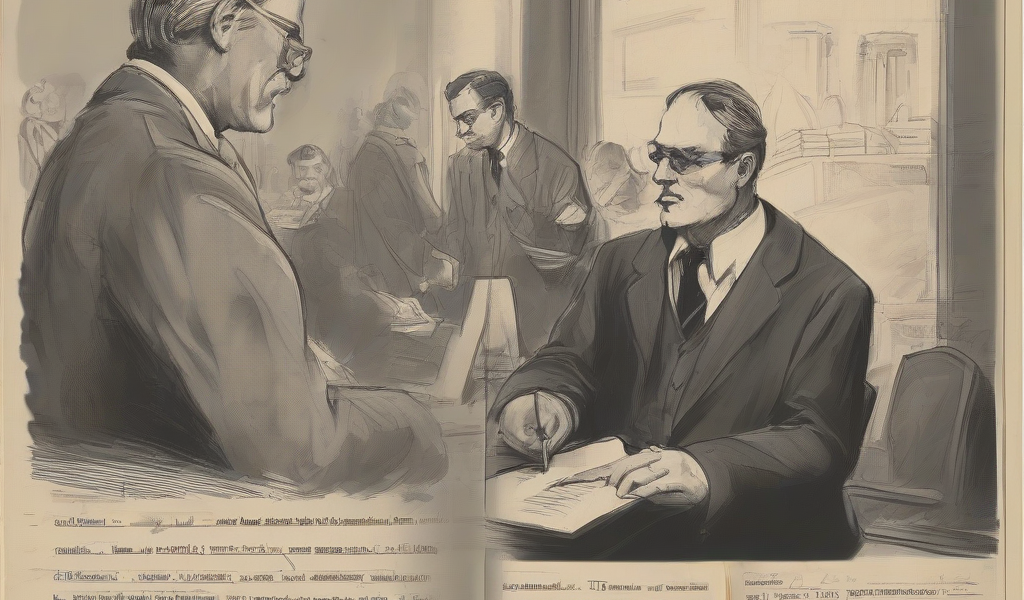Navigating the Complexities of Medical Malpractice: Finding the Right Medical Law Attorney Near You
Finding the Right Medical Law Attorney Near Me
Facing a medical error or malpractice claim can be a daunting experience, fraught with legal complexities and emotional distress. Knowing where to turn for help is crucial. This comprehensive guide will assist you in your search for a qualified “medical law attorney near me,” providing insights into the process and factors to consider when making this important decision.
Understanding Medical Malpractice
Medical malpractice occurs when a healthcare professional deviates from the accepted standard of care, resulting in harm to a patient. This negligence can manifest in various forms, including misdiagnosis, surgical errors, medication errors, and failure to obtain informed consent. Proving medical malpractice requires demonstrating:
- A duty of care existed between the healthcare provider and the patient.
- The healthcare provider breached that duty of care.
- The breach directly caused injury to the patient.
- The patient suffered damages as a result of the injury.
The legal intricacies involved in establishing these elements necessitate the expertise of a skilled medical malpractice attorney.
The Importance of a Specialized Medical Law Attorney
While general attorneys may handle some aspects of personal injury law, medical malpractice cases demand specialized knowledge and experience. A medical law attorney possesses a deep understanding of medical terminology, procedures, and the standards of care within the medical profession. This expertise is critical for:
- Building a Strong Case: Gathering and analyzing medical records, interviewing witnesses, and consulting with medical experts are essential steps in building a robust case. A specialized attorney possesses the necessary skills and resources to effectively navigate this process.
- Negotiating with Insurance Companies: Insurance companies representing healthcare providers are often aggressive in their negotiations. A seasoned medical law attorney can effectively negotiate settlements or aggressively pursue litigation on your behalf.
- Presenting Evidence in Court: Medical malpractice trials often involve complex medical evidence that requires careful presentation. A knowledgeable attorney can effectively communicate this evidence to a judge or jury.
- Understanding Applicable Laws and Regulations: Medical malpractice law varies from state to state, and navigating these regulations requires specific expertise. A specialized attorney understands these nuances and can protect your rights.
Finding a “Medical Law Attorney Near Me”: A Step-by-Step Guide
Locating the right attorney is crucial. Here’s a systematic approach to finding a qualified “medical law attorney near me”:
- Online Search Engines: Start by using search engines like Google, Bing, or DuckDuckGo. Use keywords such as “medical malpractice attorney near me,” “medical law attorney [your city/state],” or “medical negligence lawyer [your zip code].”
- State Bar Associations: Most state bar associations maintain online directories of licensed attorneys. You can search these directories by specialty, location, and other criteria.
- Legal Referral Services: Legal referral services connect individuals with attorneys based on their specific legal needs. These services often screen attorneys to ensure a certain level of experience and competence.
- Professional Organizations: Organizations such as the American Association for Justice (AAJ) and the American Bar Association (ABA) offer resources to help locate qualified attorneys. Their websites may offer attorney referral services or directories.
- Referrals from Trusted Sources: Ask your doctor, friends, family, or other professionals for recommendations. Word-of-mouth referrals can be a valuable source of information.
Evaluating Potential Attorneys
Once you have a list of potential attorneys, thoroughly evaluate their qualifications:
- Experience: Look for attorneys with extensive experience in handling medical malpractice cases. Review their track record and the types of cases they have successfully handled.
- Specialization: Ensure that the attorney specializes in medical malpractice law. This specialization reflects a deep understanding of the complexities involved.
- Client Reviews and Testimonials: Check online reviews and testimonials from past clients to gain insight into their experience with the attorney.
- Communication Style: Schedule consultations with several attorneys to assess their communication style and responsiveness. You need an attorney you can easily communicate with and who keeps you informed throughout the process.
- Fees and Payment Options: Clarify the attorney’s fees and payment options upfront. Most medical malpractice attorneys work on a contingency basis, meaning they only receive a fee if they successfully resolve your case.
- Resources and Support Staff: A successful medical malpractice case often requires significant resources. Assess the attorney’s support staff, access to medical experts, and overall resources available.
Questions to Ask Potential Attorneys
During your consultations, ask these crucial questions:
- What is your experience handling cases similar to mine?
- What is your success rate in medical malpractice cases?
- What is your approach to handling medical malpractice cases?
- What is your fee structure and payment plan?
- How will you communicate with me throughout the process?
- Who will be handling my case?
- Do you have a team of support staff and experts available?
- What is your plan of action for my specific case?
- How long do you anticipate the case will take to resolve?
- What is your strategy for resolving the case (negotiation, trial, etc.)?
The Importance of Documentation
Thorough documentation is crucial in a medical malpractice case. Gather all relevant documents, including medical records, test results, insurance policies, and any correspondence with healthcare providers. Your attorney will guide you on what information is relevant and how to organize it.
Time Limits: Statutes of Limitations
Medical malpractice cases are subject to statutes of limitations. These laws set deadlines for filing lawsuits. Failing to file within the prescribed time frame can result in your claim being dismissed. Contact an attorney as soon as possible to discuss your case and ensure you meet the necessary deadlines.
Contingency Fees
Many medical malpractice attorneys work on a contingency fee basis. This means that the attorney only receives payment if they win your case, usually a percentage of the settlement or judgment. This arrangement reduces financial risk for clients facing substantial medical expenses and other related costs.
Choosing the Right Attorney is Critical
Selecting the right medical law attorney is a crucial step in protecting your rights and pursuing justice. Take your time, research your options, and choose an attorney who you trust, who possesses the necessary expertise, and who is committed to fighting for your best interests.
Beyond Legal Counsel: Support Systems
Remember, navigating a medical malpractice claim can be emotionally challenging. Consider seeking support from family, friends, support groups, or therapists. These support systems can provide the emotional strength you need during this difficult time. Your attorney can also provide valuable emotional support as you progress through the legal process.




